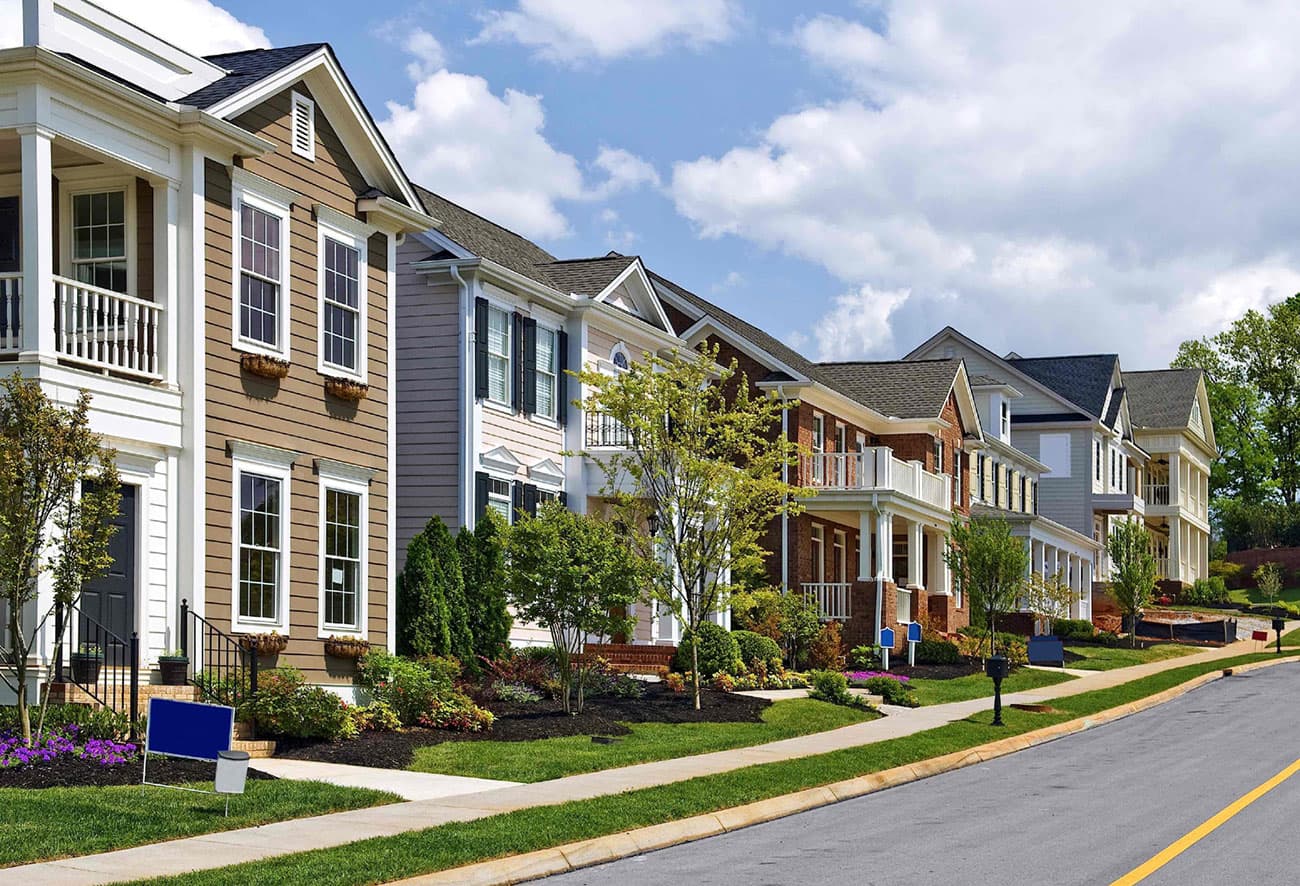Quick Takeaways
- An HOA, or Homeowners Association, is a “group of homeowners in a defined area” which could range from a two-unit townhome, a development of condos, or an entire master-planned neighborhood of single family homes.
- Most HOAs are non-profits, and the money generated from them is used to upkeep the shared property including landscaping and community areas.
- HOAs have boards, and volunteering to sit on one can work to your advantage. Not only will you become extra familiar with the rules, but you will get to know your neighbors and have a say in how your home is run.
Source: Your Guide to HOAs (U.S. News and World Report, Jan. 24, 2023)
Hiring an HOA manager is a big step in any association’s journey, and it is important to do plenty of research to figure out if a manager is right for you. If your association decides a manager is the path you want to take, finding the right management company is the next step. Make sure to ask them questions about their mission statement and philosophy on handling conflict – you will want their philosophy to closely align with yours.
HOA: Meaning and Definition
An HOA, or Homeowners Association, is an organization in a residential community that creates and enforces rules for the properties and residents that fall within its jurisdiction. Typically HOAs create and enforce rules to maintain uniformity and protect real estate prices.
What Is an HOA?
HOAs are a common part of the homebuying experience for many. Whether you are purchasing a condominium in a high rise, a townhome, or a single-family home in a master-planned or gated community, an HOA could be in your future. Homeowners associations act as governing boards to help maintain the common areas of shared living spaces. Your monthly or yearly HOA fee will often cover the cost of landscaping and routine maintenance, but make sure you familiarize yourself with the rules and regulations.
In addition to your HOA fee, which is due on a monthly basis, special assessments may be collected throughout your time in the property. Special assessments are usually levied when there is an emergency, like frozen pipes, or when a major project needs to be undertaken and the usual HOA fees will not cover it, like a new roof or a previously agreed upon addition, like a rooftop patio.
Volunteering for your HOA is a not only a great way to get to know your neighbors, but a much-needed act of service to keep your home and community running smoothly. HOAs are often run by volunteer boards and sitting on your board will give you a better insight into how your HOA is run, and allow you to be part of the important decision making.
Do HOAs Impact Property Value?
HOAs can have both positive or negative effects on property desirability and value. A well-managed community that's clean, well-maintained, and packed with useful amenities and shared spaces may boast higher than average property values. However, a poorly managed community or high HOA fees may deter potential buyers and cause property values to dip.
Unfortunately, the very nature of shared living and HOAs means there is bound to be neighborly disagreements from time to time. If these disagreements escalate, an attorney will often need to get involved. Make sure your HOA rules are clear and applied evenly to every tenant. Rules also need to be reasonable, and many states have laws on the books preventing unreasonable and unenforceable laws.
HOA Benefits and Challenges
When advising clients, real estate agents should consider both the benefits and drawbacks of HOAs.
Benefits of HOAs
Homeowners Associations provide benefits that real estate agents should highlight to clients.
HOAs can boost marketability through amenities like pools, gyms, and parks, which can be strong selling points. Enhanced security measures, such as gated entries and security patrols, add to the appeal by offering additional safety, if those are features of the property.
Professional management by HOAs reduces the burden on homeowners for maintenance and administrative tasks, ensuring the community runs smoothly. This leads to fewer issues with poorly maintained properties, benefiting sales.
Challenges of HOAs
There are drawbacks to consider before advising buyers to purchase in HOA communities. The additional cost of HOA fees can be a significant expense for homeowners, potentially deterring budget-conscious buyers. Special assessments for unexpected repairs or improvements add to this financial burden.
HOA regulations can be restrictive, limiting homeowners' freedom to make changes to their properties. These restrictions might dissuade buyers who prefer more flexibility.
There is also potential for disputes within HOA communities. Board decisions can lead to disagreements, and conflicts over rule enforcement or fee collections can escalate into legal battles, creating a challenging environment for homeowners and real estate agents alike.
HOA FAQs
What should buyers consider when reviewing HOA financials?
Buyers should review HOA financial statements to assess the reserve fund adequacy for future repairs, ongoing maintenance costs, and any history of special assessments to gauge the financial health of the association.
Can homeowners opt out of paying HOA fees if they don't use community amenities?
No, HOA fees are mandatory for all homeowners within the association regardless of personal use of amenities. These fees support overall maintenance and communal services that benefit the entire community.
How do HOA rules affect property resale value?
HOA rules can impact property resale value positively by maintaining community standards and amenities or negatively if rules are overly restrictive or fees are perceived as too high. Understanding these dynamics helps agents advise clients effectively.










